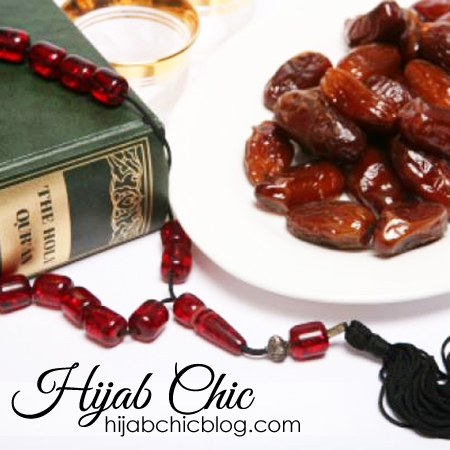While fasting only takes place during daylight hours, it is still important to eat healthy, nutritious meals the 30 day observance to avoid fatigue and potential medical issues due to vitamin and diet deficiency.
Drink Plenty of Water
Proper hydration is essential during Ramadan. Drink plenty of fruit juice and water during Suhoor and bedtime to maintain proper fluid levels. This helps avoid common health problems associated with dehydration such as headache and fatigue.
Replace Sugar with Fruit
Sugar absorbs necessary vitamins and minerals from our bodies. During Ramadan, it is important to retain as many vitamins and minerals as possible. White rice and bread act in the same way sugars do in our bodies. Whole wheat and unpolished rice are a good substitute.
Eat suhoor!
First, it’s sunnah. Second, there’s many obvious and discreet health benefits that Allahu alam (God knows best). I’m so surprised how many people “choose” not to eat suhoor, because they “can” fast without it.
Do not eat iftar once maghrib calls
It’s sunnah, to break fast with dates and water at the call of maghrib, not rush to fill our empty stomachs.
Pray after your break your fast with dates and water
Let your body absorbs the water missed from possibly dehydration, and regain it’s natural sugar and fibers from the dates. Remain steadfast in your fast and give thanks to Allah that we actually have a meal to fill our bodies. You’ve waited all day, wait a few more minutes.
Begin iftar with soup
Now that you replenished your body with water, natural sugars and necessary fiber; start slowly by eating or even drinking soups, broth, etc. as the fluids circulate your body much quicker than the fat-ladened meals most iftars are typically set on the table.
Eat a normal, healthy sized meal
Again, do not over-indulge
Eat the Prophet (sallahi wa layhi wa selam)’s favorite’s foods
which are dates, milk, honey, cucumbers, pumpkin, olive oil, vinegar, meat (though he did not eat it daily), watermelon, and bread.










